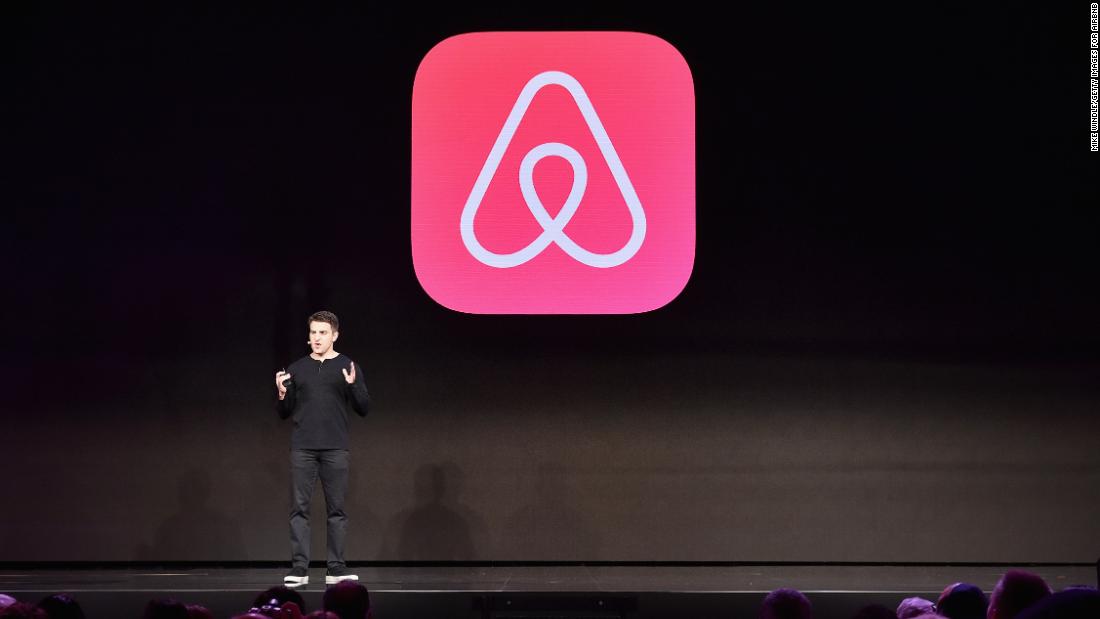Airbnb files confidential paperwork for an IPO

On Wednesday, Airbnb announced it had submitted confidential paperwork with the US Securities and Exchange Commission for an initial public offering.Founded in 2008, Airbnb upended the hotel industry by allowing individuals to rent out rooms in their homes for travelers. It became one of the most valuable private startups in the world, reaching a valuation of $31 billion at one point. Airbnb previously said it was profitable in 2017 and 2018, setting it apart from many other unicorn companies who have bled money before and after going public. The company reportedly started losing money in 2019.But the global pandemic rattled its business and many of the hosts who power it. In May, CEO Brian Chesky wrote in a letter to employees that its business had been “hit hard” and revenue for the year was expected to be less than half of what the company earned in 2019. He also announced that Airbnb would let go nearly 1,900 employees worldwide.The next month, however, Chesky told CNN he was open to making a Wall Street debut happen despite the sudden downturn. “It’s not off the table, but we’re definitely not committing to anything right now,” Chesky told CNN’s Poppy Harlow. “We’re going to keep our options open.”Airbnb’s board includes big names like former American Express CEO Kenneth Chenault and former Pixar executive Ann Mather. Meanwhile, Chesky also has his fair share of prominent mentors to go to for advice, including Warren Buffett, Bob Iger and Barack Obama.Like other emerging sharing economy startups, Airbnb has faced a number of regulatory battles over the years with local and state governments over how it operates in their jurisdictions. During the pandemic, some cities temporarily cracked down on short-term rentals, and hosts were forced to pivot rentals to 30 days or longer.Airbnb’s IPO could test investor appetite for regulatory risks at a time when peers like Uber (UBER) and Lyft (LYFT) are facing a legal showdown in their home state of California over how they classify their workers.CNN Business’ Kaya Yurieff contributed reporting







